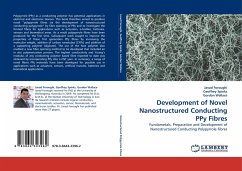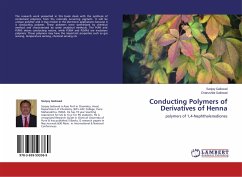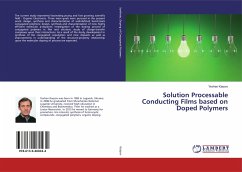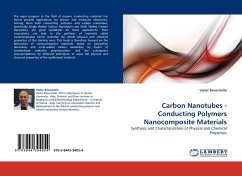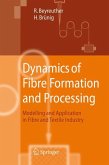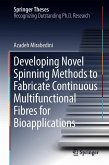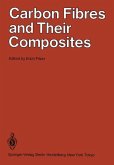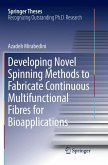Polypyrrole (PPy) as a conducting polymer has potential applications in electrical and electronic devices. This book therefore aimed to produce novel polypyrrole fibres via the development of nanostructured conducting polypyrrole by fibre spinning of PPy and to investigate the formed fibres for applications such as actuators, e-textiles, batteries, sensors and biomedical areas. As a result polypyrrole fibres have been produced for the first time. Subsequent work sought to improve the properties of these first generation PPy fibres by increasing the molecular weight, addition of carbon nanotubes (CNTs) and addition of a supporting polymer (alginate). The use of the host polymer also enabled a new fibre spinning method to be developed that included an in situ polymerization process. The highest conductivity and Young's modulus of any conducting polymer based fibre reported to date was obtained by incorporating PPy into a CNT yarn. In summary, a range of novel fibres PPy materials have been developed for possible use in applications such as actuators, sensors, artificial muscles, batteries and biomedical applications.
Bitte wählen Sie Ihr Anliegen aus.
Rechnungen
Retourenschein anfordern
Bestellstatus
Storno

